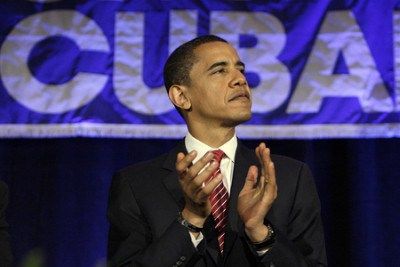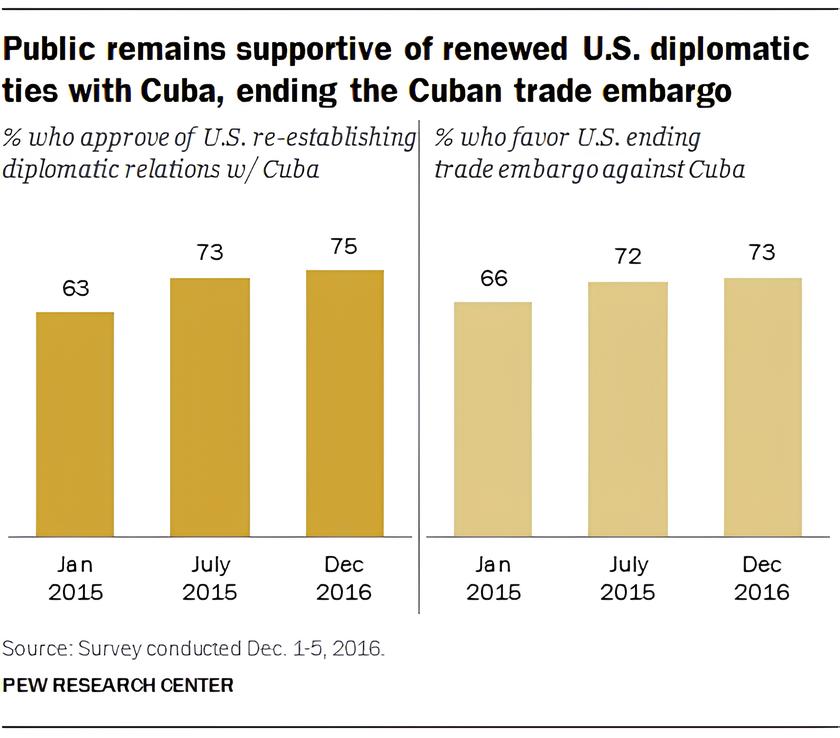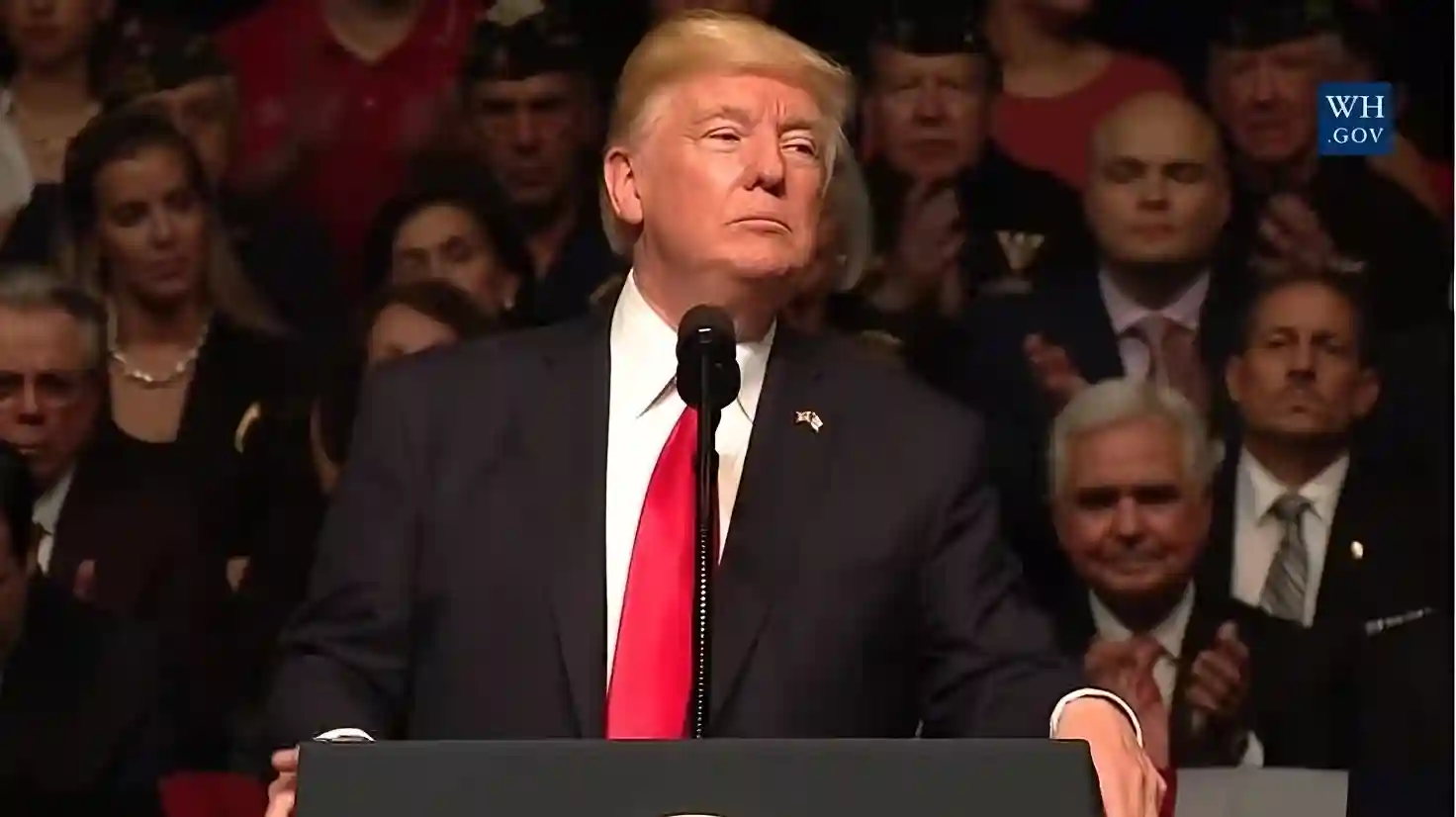you walk into a room full of people, and you ask a simple question — Should the United States lift its embargo on Cuba?
Most hands in the room shoot up in agreement. Yes, it’s time to end the embargo. Now, imagine that despite this overwhelming support, nothing changes.
This is the reality of US-Cuba relations. For decades, most Americans have supported lifting the embargo on Cuba, yet the policy remains firmly in place. Why? The answer lies in a complex web of politics, history, and power — and a hard truth about how decisions are made in the United States.
Let’s unpack the story behind the embargo, why it persists, and what it says about American democracy.
A Brief History of the US-Cuba Embargo
The US-Cuba embargo isn’t just some recent political tool. It dates back to the Cold War era.
In 1959, Fidel Castro led a revolution that overthrew Cuba’s US-backed dictator, Fulgencio Batista. The Cuban government then aligned itself with the Soviet Union, the United States’ biggest adversary at the time.
The US didn’t take kindly to this shift.
In 1960, President Dwight Eisenhower imposed the first trade restrictions on Cuba. By 1962, President John F. Kennedy made the embargo official, cutting off nearly all trade between the two countries.
The goal? To pressure Cuba into abandoning communism and adopting a more US-friendly government.
But here’s the twist — six decades later, the embargo is still in place, even though the Soviet Union collapsed in 1991. So why hasn’t the policy changed?

Why Most Americans Want the Embargo to End
Let’s be clear: most Americans don’t see Cuba as a threat anymore.
In fact, polls by Pew Research and Gallup consistently show that a majority of Americans — across political lines — support ending the embargo. They believe lifting the embargo could:
- Improve diplomatic relations with Cuba
- Help Cuban citizens by boosting their economy
- Increase trade opportunities for US businesses
So, if public opinion supports change, what’s stopping the government from acting?
The Real Reason the US Keeps the Embargo
Here’s the uncomfortable truth: it’s not about what most Americans want. It’s about what a few powerful groups want.
For years, Cuban-American voters in South Florida played a critical role in US elections. Many of these voters, particularly older generations, fled Cuba during or after Castro’s revolution. They lost property, businesses, and loved ones to the Cuban government.
For them, the embargo isn’t just a policy — it’s personal.
In key swing states like Florida, politicians catered to this influential voting bloc to win elections. Supporting the embargo became a way to secure votes.
But there’s more.
Some US corporations and investors still have claims on properties seized by the Cuban government after the revolution.
These groups want compensation before the embargo is lifted. Until those financial interests are resolved, the pressure to maintain the embargo remains strong.
Is the US a True Democracy?
Now, let’s zoom out and ask a bigger question: What does this say about American democracy?
In a democracy, the government is supposed to reflect the will of the people. But in this case, the government has prioritized the interests of a small group over the majority’s opinion.
Critics argue that this shows a flaw in the US political system. Instead of being a true democracy, where every vote counts equally, the US operates more like a democratic republic.
In this system, elected officials make decisions on behalf of the people — but those decisions can be heavily influenced by lobbying, campaign donations, and special interests.
This imbalance raises a tough question: Is the US government truly accountable to its citizens?

Is the Embargo’s End Near?
The political landscape is shifting.
Florida, once a key swing state, is becoming more solidly Republican. As a result, Democrats may feel less pressure to cater to the Cuban-American voting bloc. In fact, some politicians have started calling for a reassessment of the embargo.
In 2015, President Barack Obama made historic moves to normalize relations with Cuba. He reopened the US embassy in Havana and eased some travel restrictions. For a moment, it seemed like the embargo’s end was in sight.
But the Trump administration reversed many of those changes, and the embargo remains in place today.
Now, under the Biden administration, the conversation is reigniting. But the question remains: Will the government finally listen to the majority of Americans?
What’s Next for US-Cuba Relations?
The future of the embargo depends on two things:
- Political Will – Will US politicians prioritize the will of the majority over the influence of a vocal minority?
- Cuban Government Actions – The US government often cites human rights concerns as a reason to maintain the embargo. If Cuba makes progress in addressing these issues, it could pave the way for change.
But there’s no denying that the embargo’s continuation raises serious questions about American democracy.
Are policies driven by the people — or by powerful interests?
Final Thoughts
The US-Cuba embargo is more than a relic of the Cold War. It’s a symbol of a deeper issue in American politics.
When most Americans support ending a policy, but the government refuses to act, it’s worth asking: Is the US truly a government of the people, by the people, and for the people?
The answer may be uncomfortable. But it’s a conversation we need to have.
For now, the embargo remains. And so does the question of whether the US is living up to its democratic ideals.
The story of US-Cuba relations isn’t just about foreign policy — it’s a mirror reflecting the state of American democracy.







